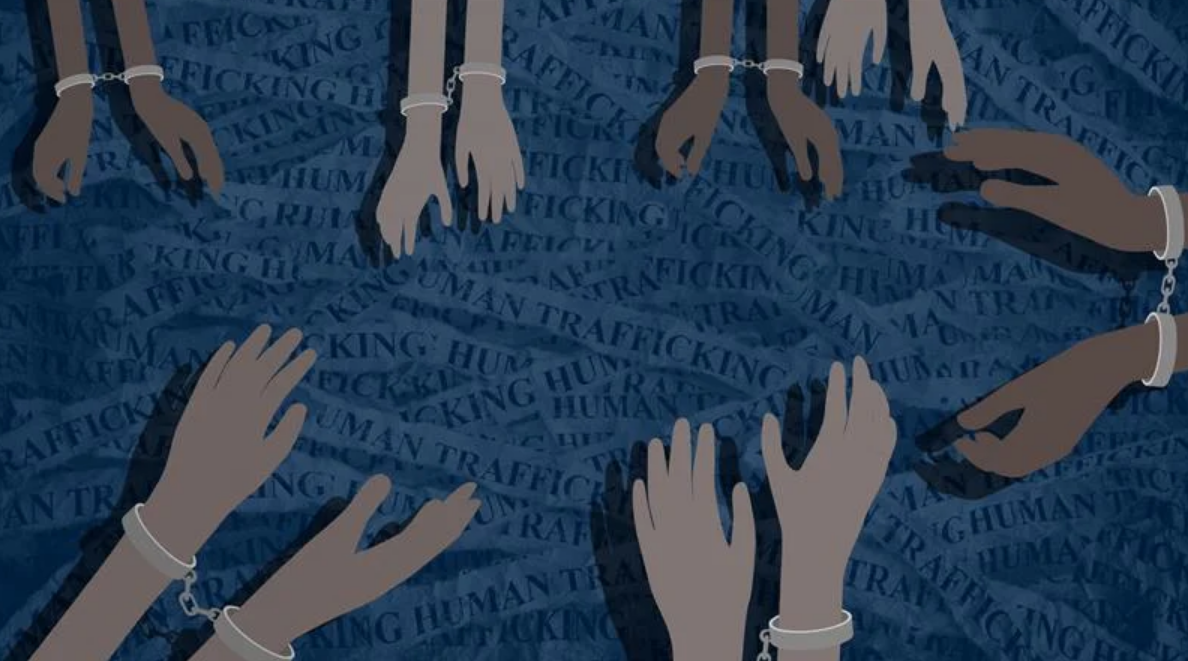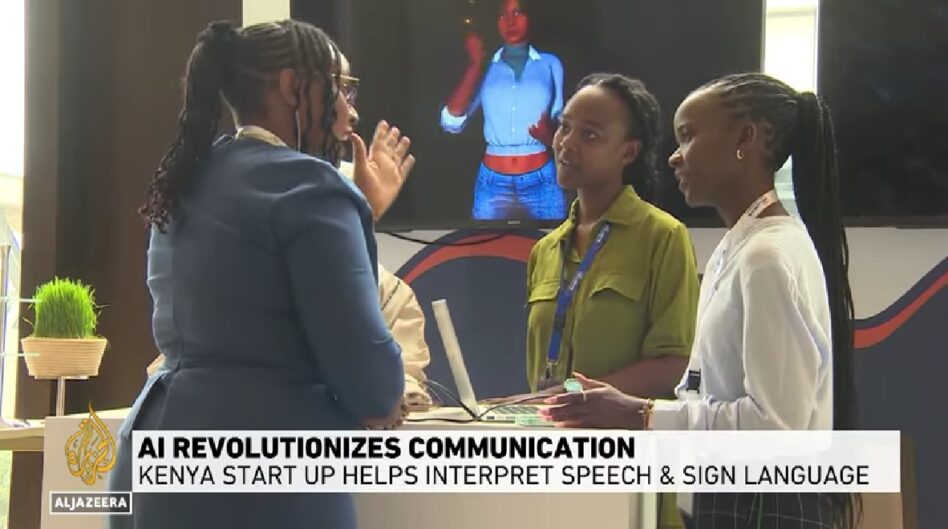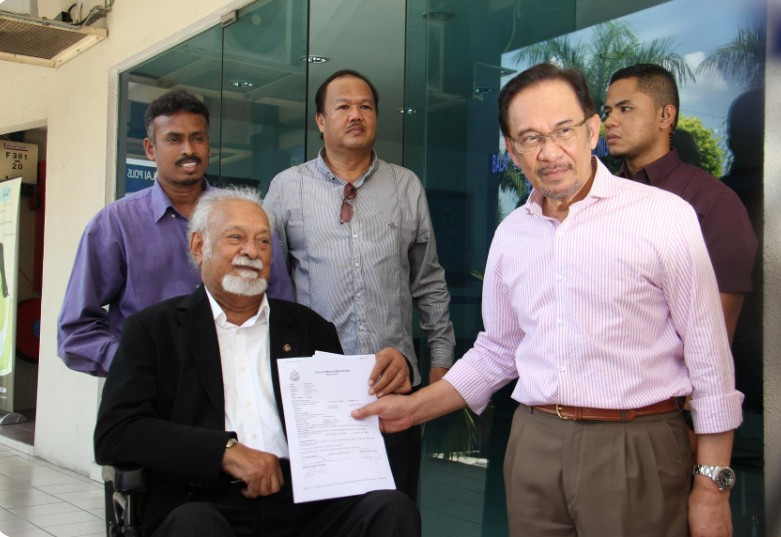AS MUSLIMS all over the world celebrate and welcome Awal Muharram, today is also the World Day Against Trafficking in Persons.
For years, Malaysia has been on the Tier 2 watchlist of the US Trafficking in Persons (TIP) report.
For the year 2021, Malaysia fell into the Tier 3 watchlist, the lowest rung in the list and among countries that have grave human rights violations such as Afghanistan, Myanmar, Iran, North Korea, Syria, South Sudan, Syria and even Russia, which is still hammering Ukraine as we speak.
These are countries that have been in civil wars, undergoing political instability and have some of the gravest human rights violations in the world.
To date, there has been no statement yet from the newly minted Human Rights Commission of Malaysia (SUHAKAM) chairman Prof Datuk Dr Rahmat Mohamad or the other commissioners.
Worse still, Home Minister Datuk Seri Hamzah Zainuddin claimed that the TIP report was not reflective of the Government’s efforts to counter trafficking.
Perhaps it is time Hamzah took his head out of the sand and take a good hard look at the data, statistics and the faces of victims of trafficking, as well as the evil faces of the traffickers – involving even officers in his own ministry.
The evidence is glaring and the reasons numerous, but if the Government has the attitude of “we know best”, then it is likely the Government is part of the problem and not the solution.
In other words, the Government will enable trafficking to grow, if not addressed seriously.
“Subjective and perceptive”
Hamzah mentioned that employers and employees in vulnerable and exploitable working environments – for example torture, confiscating and withholding the passports of migrant workers or working illegally, employers tend to evade paying salaries and not provide proper housing and accommodation for migrant workers.
He failed to mention the flourishing sex trafficking ring in Malaysia, which is fuelled by a lack of enforcement, corruption and the lucrative income of the flesh trade.
You can ask any person on the street if the issues mentioned by the home minister were real and every single one will agree that they have either heard, seen or witnessed these violations first hand.
On top of it, there have been numerous reports in the press on enforcement officers probed for their involvement in trafficking syndicates – this year alone.
While I welcome stiffer penalties and the road map of the National Action Plan on Anti-Trafficking in Persons 2021-2025 in place, the prospects of an improvement and an upgrade to Tier 2 on the TIP report remain bleak unless the matter is addressed holistically.
Border control posts and Immigration access points
In October 2022, the finance minister in his budget speech revealed that the Government will add eight border control posts under Pasukan Gerakan Am, including in Pagalungan in Sabah and Temong Mura in Sarawak, to improve border monitoring and enforcement.
He also said four new Immigration Department access points would be set up, including in Telok Melano and Baleh in Sarawak, to meet the needs of increased cross-border traffic following Indonesia’s plan to move its capital to Kalimantan and the opening of the Telok Melano line under the Pan Borneo Highway.
But then what happened at these border control posts and immigration access points? What happened to the CCTVs installed at the borders?
The TIP report stated that the Government did not “prosecute or convict officials who were allegedly complicit in trafficking-related crimes”. Why were they not prosecuted or convicted? Who is protecting them? Was the decision to not prosecute and convict by the attorney-general?
Malaysians must know, with certainty, the facts on why no official has been prosecuted.
“Set up an RCI”
A Royal Commission of Inquiry (RCI) must be set up as a body to scrutinise and monitor the Government’s efforts in fighting trafficking, and should consist of men and women whose professional opinions be taken seriously by the Government and acted on, instead of an internal movement to counter this age-old trade.
In addition, the commission should also keep a close tab on prosecution and convictions of enforcement officials implicated in human trafficking in Malaysia, as well as the efficiency of the devices, instruments and technologies invested into keeping our borders safe and nabbing human trafficking syndicates.
As a member of the United Nations’ Human Rights Council, it is disastrous that we have dropped a rung to the lowest at a Tier 3. The downgrade must be taken and reacted to seriously, and not just as lip service to pander to the masses.
Let us never forget the lives of innocent men, women and children, all victims of human trafficking, lost in the damning discovery of mass graves in Wang Kelian, on Malaysian soil, bordering the south of Thailand.
Locals will tell you that it is a “normal occurrence” to encounter traffickers and trafficked victims on an almost daily basis in and around the village. This went on for years before the gruesome discovery in May 2015. Malaysia was on Tier 2 at that time.
I call on the Malaysian Government to ditch the defensive attitude and “Government knows best” mindset to ensure we never have to bear witness to a repeat of Wang Kelian ever again. – July 30, 2022
Kasthuri Patto is the Batu Kawan MP, DAP spokesperson for international affairs and a member of the Parliamentary Special Select Committee for International Affairs.
The views expressed are solely of the author and do not necessarily reflect those of Focus Malaysia.









